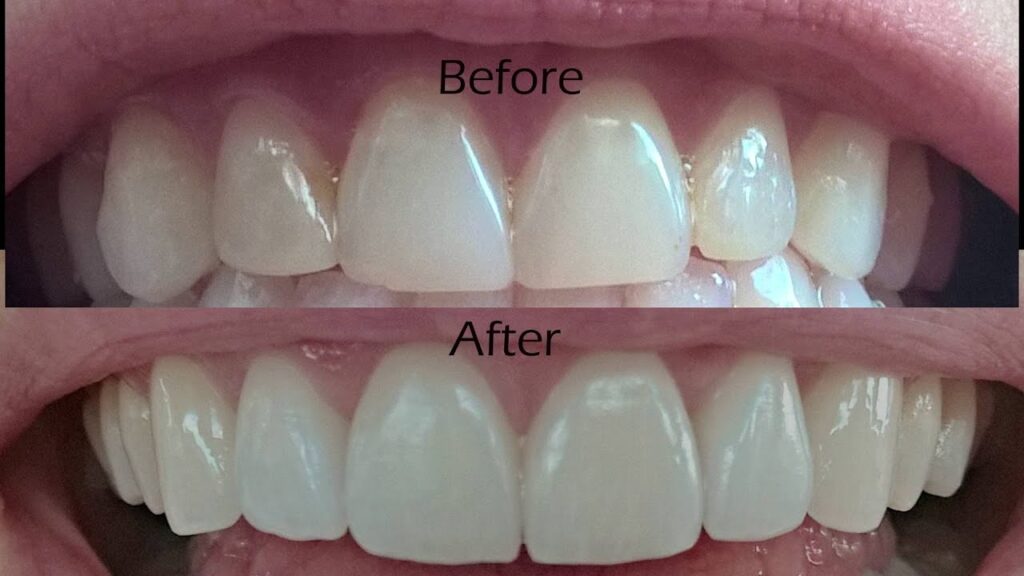Deep cleaning teeth can sound like something out of the future, but it’s actually much more accessible than you might think. If you’ve ever been told by your dentist that you need a deep cleaning and you want to know what it is and when you need one, read on to find out more about it.
What Is A Deep Cleaning
Deep cleaning is the most thorough and invasive way to clean your teeth. A root canal specialist will clean all of the crevices in your teeth, as well as remove plaque, calculus (tartar), or other debris from these areas. The cleaning can last anywhere from one hour to two hours, and you may need anesthesia beforehand. To get the best results, you should visit a dentist at least twice per year. An annual appointment with your regular dentist will usually be enough to stay on top of any dental issues that you might have. However, some people require additional attention because they’re more susceptible to tooth decay due to their lifestyle habits or medical conditions. If this sounds like you, then it’s probably time for a deep cleaning!
What Happens During The Procedure
A root canal specialist will use numbing medicine, or local anesthesia, to make the area around the tooth numb and pain-free. The first step is to remove any decay and clean out the inside of the tooth using an instrument called a root canal file. Next, an antibiotic and sealant are placed inside the tooth. The opening in your gum tissue may be closed with stitches or dental adhesive. After you have healed from the procedure, you must return to your dentist every 3-6 months so they can monitor the teeth and provide you with a professional cleaning at least twice per year.
Be sure to stay on top of your hygiene routine by brushing twice a day and flossing once daily. See your dentist regularly and schedule an appointment as soon as possible if you experience symptoms such as swelling, tenderness, bleeding gums, sensitivity to hot or cold liquids, or unexplained toothache. If left untreated these symptoms could indicate more serious issues such as periodontitis (gum disease) which can lead to tooth loss!
Post Procedure Tips
It’s important to know when you need a deep cleaning or root canal specialist. For example, tooth decay is the most common reason that people need dental work done. But even without tooth decay, it can be challenging for your teeth and gums to stay healthy in the long term. That’s because plaque and tartar buildup can lead to gum disease over time. Root canal specialists are the best way to solve problems with teeth, such as when they have been damaged by cavities or an infection that has caused an abscess. When not treated properly, these issues can result in pain and more expensive procedures down the road.
Prevention Of Future Problems
Deep cleaning can be done at your dental office or home with a kit. The goal of this type of cleaning is to remove plaque and tartar that can’t be removed by brushing or flossing alone. It also removes bacteria that can cause bad breath and gum disease.
Professional cleaning includes all the same steps, but it’s completed in just one visit. The dentist will first examine your teeth and take X-rays to make sure there are no hidden problems. Then, they’ll use various tools such as an ultrasonic tip, scaler, and explorer to remove plaque from hard-to-reach spots between teeth and along the gum line.
Lastly, they’ll polish the teeth and apply fluoride for protection against cavities. They might also perform scaling and root planning on problem areas. These treatments typically last about two hours, so you’ll need to schedule time for them. If you’re not a fan of needles, you can opt for an oral antibiotic treatment instead. While these treatments are less expensive than traditional deep cleaning, they won’t last as long because they don’t target the underlying source of bacterial infection like tooth decay or poor oral hygiene habits.

